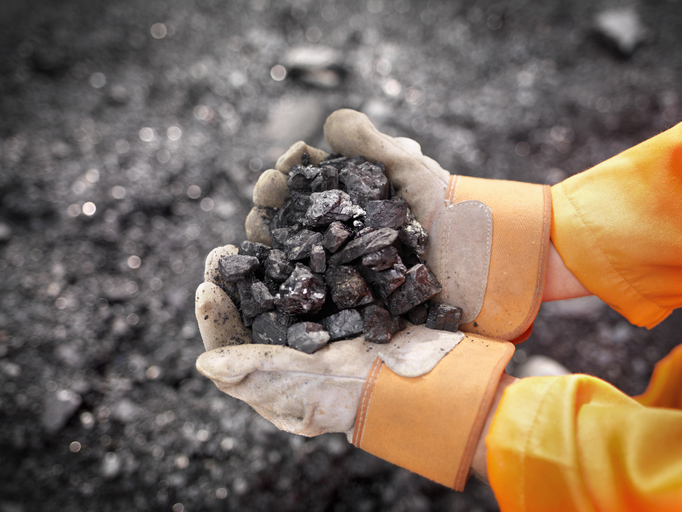News in brief:
â Chinese researchers have introduced a cost-effective method to convert coal into protein-rich animal feed, potentially addressing global protein demand issues.
â The technology uses coal-derived methanol to ferment a yeast strain into a high-protein single-cell protein but faces challenges related to environmental impact and consumer acceptability remain.
In a groundbreaking development, researchers in China have unveiled a cost-effective method to convert coal into protein for animal feed. The novel approach could offer a sustainable and efficient solution to the global protein demand crisis, especially for animal production.
The technology was spearheaded by Professor Wu Xin of the Tianjin Institute of Industrial Biotechnology at the Chinese Academy of Sciences (CAS). It utilises methanol derived from coal as the key ingredient. The methanol is fed to a specially engineered strain of yeast, called Pichia pastoris, which then ferments it into a protein-rich single-cell protein (SCP).
The SCP boasts a significantly higher protein content compared to traditional plant-based feed sources. According to the research published in the journal Biotechnology for Biofuels with summaries by media outlets, the yeast-derived protein contains a balanced amino acid profile, vitamins, essential minerals, fats, and carbohydrates, making it a suitable substitute for fishmeal, soybeans, meat scraps, and skimmed milk in animal diets.
According to Professor Wu, the technology is also a cost-effective option for the industrial production of protein. The researchers achieved a conversion rate of 92% of the theoretical maximum, which is an indication of the processâs efficiency.
Meantime, the potential benefits of this technology are vast. Firstly, it could significantly reduce reliance on imported protein sources like soybeans, a major concern for countries like China. Secondly, it offers a sustainable alternative to traditional plant-based feed production, which often requires vast amounts of land and water. According to the research team, their method uses up to 1,000 times less land compared to conventional soybean farming.
Furthermore, the SCP derived from coal exhibits a faster growth rate in livestock compared to plant-based protein sources, potentially leading to increased food production and reduced livestock feed costs.
However, the technology still faces challenges before widespread adoption. Concerns regarding the environmental impact of coal gasification and potential health risks associated with the yeast-derived protein require further research and assessment. Additionally, the economic viability of large-scale production and the acceptability of the protein by consumers need to be addressed. These challenges are similar to those that lab-grown meat face.



